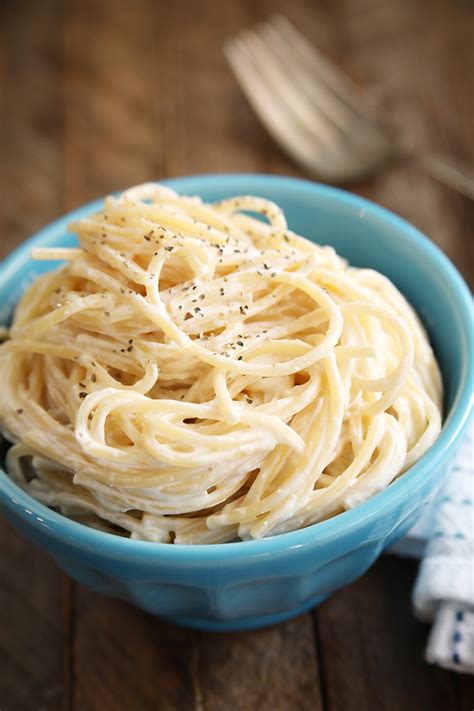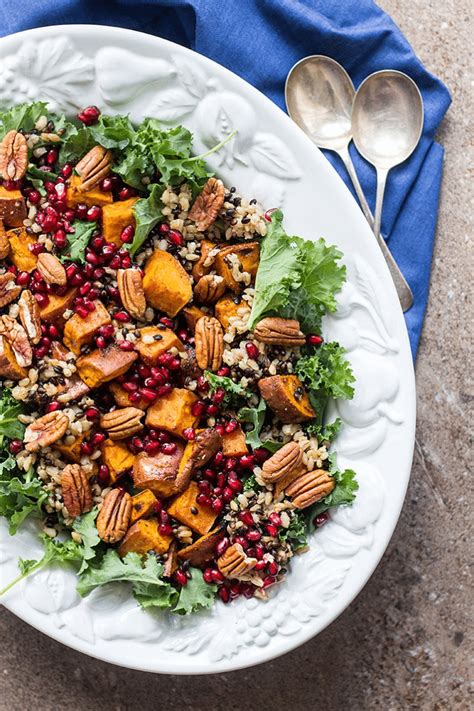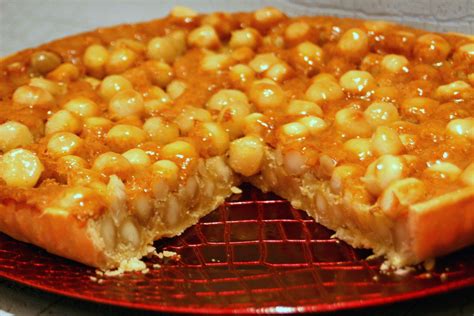Discover healthy low-carb sugar alternatives like date syrup, agave nectar, stevia, and coconut sugar for delicious vegetarian desserts. Say goodbye to refined sugar.
Replacing Sugar with Natural Sweeteners
Contents
When it comes to living a healthier lifestyle, one of the first things that usually gets cut out is sugar. However, this doesn’t mean that you have to give up on the sweet things in life. There are plenty of vegetarian sugar alternatives that can help satisfy your sweet tooth while still maintaining a balanced diet.
If you’re looking to reduce your sugar intake, natural sweeteners are a great option. Low-carb sweeteners like agave nectar and stevia are becoming increasingly popular in the health food world. These plant-based sweeteners are not only lower in calories, but they also have a lower glycemic index, meaning they won’t cause a rapid spike in blood sugar levels.
Another great option to explore is coconut sugar. This natural sweetener is made from the sap of the coconut palm and has a delicious caramel-like flavor. It can be used in a variety of baking recipes, making it a versatile ingredient to have in your pantry.
For those who are looking for a whole food sweetener, date syrup is a fantastic option. This thick, sweet syrup is made from dates and can be used as a natural sweetener in a wide range of dishes. It’s particularly great for vegan dessert recipes.
Overall, there are so many delicious and healthy alternatives to sugar out there. Whether you’re looking to cut back on carbs or simply want to make some healthier choices, natural sweeteners can help you achieve your goals while still satisfying your sweet cravings.
Low-Carb Vegetarian Sugar Alternatives
When it comes to finding alternatives to sugar in a vegetarian diet, the options can seem limited. However, there are actually many low-carb vegetarian sugar alternatives that can be used to sweeten dishes and beverages without compromising on taste or health. These alternatives are not only suitable for those following a vegetarian diet, but also for individuals looking to reduce their sugar intake and incorporate more natural sweeteners into their daily routine.
One great option for a low-carb sugar alternative in vegetarian recipes is stevia. Stevia is a natural sweetener derived from the leaves of the Stevia rebaudiana plant. It contains zero calories and has been shown to have minimal impact on blood sugar levels, making it an ideal choice for those following a low-carb diet. Whether it’s used in baking, beverages, or other recipes, stevia can provide the sweetness of sugar without the associated carbs.
Another fantastic alternative to traditional sugar is agave nectar. Agave nectar is a natural sweetener made from the sap of the agave plant. It is low on the glycemic index, making it a suitable option for individuals looking to manage their carbohydrate intake. Not only can agave nectar be used as a sweetener for desserts and baked goods, but it can also be added to sauces, dressings, and beverages to enhance flavor.
For those seeking a vegetarian sugar alternative with a rich flavor profile, coconut sugar is an excellent choice. Coconut sugar is made from the sap of coconut palm blossoms and is unrefined, retaining important nutrients and a lower glycemic index than traditional sugar. It can be used in a variety of recipes, from cookies to granola to coffee and tea, making it a versatile option for those following a low-carb vegetarian diet.
In summary, there are numerous low-carb vegetarian sugar alternatives available for individuals looking to reduce their sugar intake while still enjoying sweet treats. Whether it’s the natural sweetness of stevia, the versatility of agave nectar, or the rich flavor of coconut sugar, these alternatives can help individuals maintain a low-carb diet without sacrificing the enjoyment of delicious desserts and beverages.
Exploring the World of Date Syrup
When it comes to finding sugar alternatives, date syrup is a wonderful option for vegetarians and those looking to reduce their sugar intake. Date syrup is made from dates, which are naturally sweet and packed with essential nutrients. This natural sweetener can be used in a variety of recipes, from baked goods to salad dressings, and provides a rich and complex flavor profile.
One of the benefits of using date syrup as a sugar alternative is its low glycemic index, which means it won’t cause a rapid spike in blood sugar levels. This makes it an ideal option for those with diabetes or anyone looking to maintain stable energy levels throughout the day. In addition, date syrup contains essential minerals such as potassium, magnesium, and iron, adding nutritional value to your recipes.
When incorporating date syrup into your cooking and baking, it’s important to consider its unique consistency and sweetness. Due to its thick texture, it works well in marinades, sauces, and as a natural sweetener in beverages. When using date syrup in baking, it’s best to reduce the amount of liquid in the recipe to account for the syrup’s naturally high moisture content.
For those looking to experiment with date syrup in their kitchen, there are countless recipes available online that showcase its versatility. From date syrup-sweetened granola to date syrup-infused salad dressings, the possibilities are endless. Whether you’re looking to reduce your sugar intake or simply add a new flavor to your cooking repertoire, exploring the world of date syrup is a worthwhile endeavor.
Baking with Agave Nectar and Stevia
When it comes to baking, finding sugar alternatives can be a game-changer for those looking to cut back on their sugar intake. Agave nectar and stevia are two natural sweeteners that are often used as substitutes for refined sugar in baking recipes. Both of these options are low in carbohydrates and have a lower glycemic index compared to traditional sugar, making them ideal choices for those following a low-carb or vegetarian diet.
Agave nectar, which is derived from the agave plant, is a popular choice for baking due to its mild flavor and liquid form. It can be used in a variety of baked goods, such as cakes, muffins, and cookies, and can also be used to sweeten sauces and glazes. Stevia, on the other hand, is a natural sweetener extracted from the leaves of the stevia plant. It is much sweeter than sugar, so a little goes a long way. Stevia can be used in its powdered form or as a liquid extract in baking recipes.
When using agave nectar and stevia in baking, it’s important to keep in mind that they are both much sweeter than sugar, so you’ll need to adjust the amounts accordingly. It may also be necessary to make other adjustments to the recipe to account for the differences in texture and moisture content. Despite these differences, both agave nectar and stevia can produce delicious results in a wide range of baked goods.
For those looking to experiment with agave nectar and stevia in their baking, there are many recipes available that specifically call for these natural sweeteners. From decadent chocolate cakes to fluffy pancakes, the possibilities are endless when it comes to creating delicious desserts with these sugar alternatives. Whether you’re following a low-carb diet, a vegetarian lifestyle, or simply looking to reduce your sugar intake, agave nectar and stevia can be valuable tools in your baking arsenal.
Creating Delicious Desserts with Coconut Sugar
Coconut sugar is a delicious and healthy alternative to regular sugar that can be used in a variety of dessert recipes. Whether you’re a vegetarian or just looking to cut back on your sugar intake, coconut sugar is a great option for baking and sweetening your favorite treats.
One of the best things about coconut sugar is that it has a natural caramel flavor, which adds a delicious depth to your desserts. You can use it in everything from cookies to cakes to puddings, and it will give your treats a rich and complex flavor profile.
If you’re looking for some great dessert recipes that use coconut sugar, there are plenty of options to choose from. You can make coconut sugar brownies, coconut sugar cookies, or even coconut sugar ice cream, all of which will satisfy your sweet tooth without loading you up on processed sugars.
Another benefit of using coconut sugar in your desserts is that it has a lower glycemic index than regular sugar. This means that it won’t cause your blood sugar to spike as much, making it a great option for those who are watching their blood sugar levels or trying to manage their weight.











